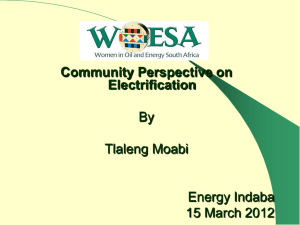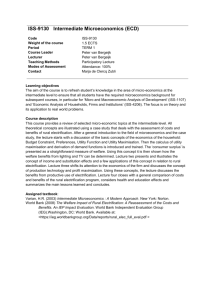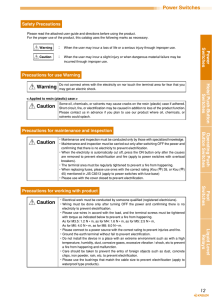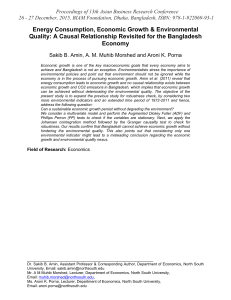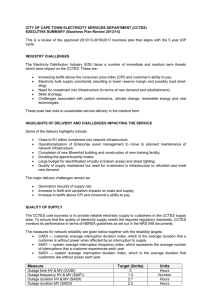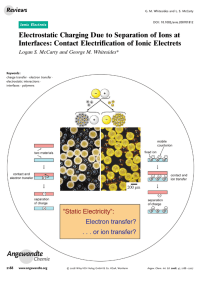Proceedings of 13th Asian Business Research Conference
advertisement
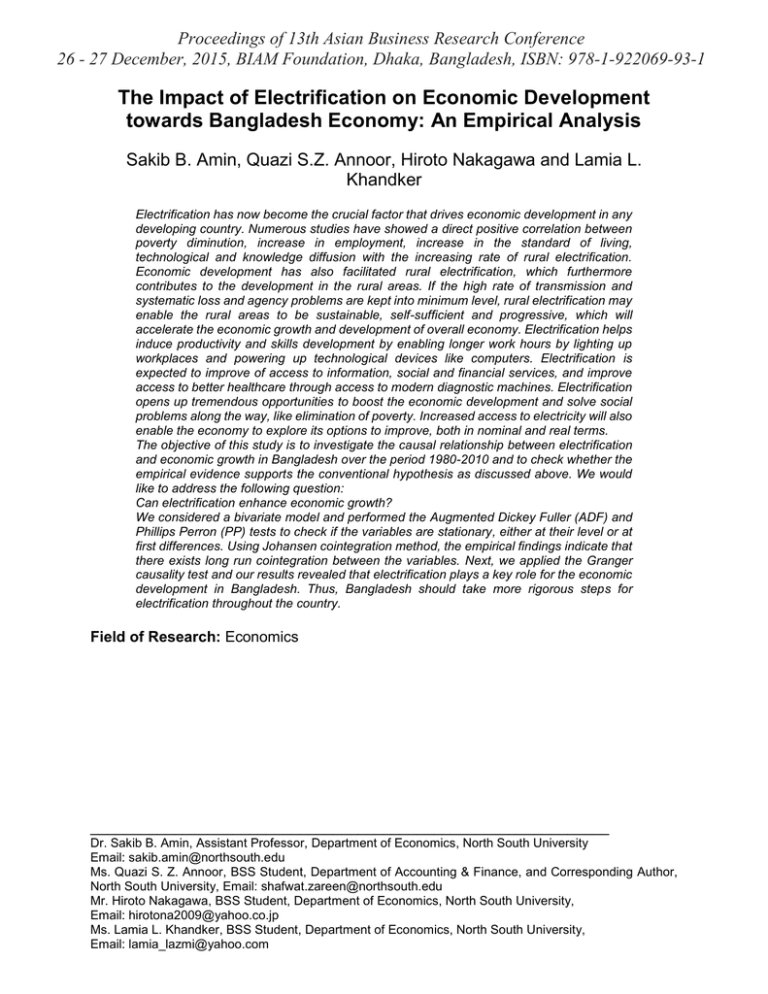
Proceedings of 13th Asian Business Research Conference 26 - 27 December, 2015, BIAM Foundation, Dhaka, Bangladesh, ISBN: 978-1-922069-93-1 The Impact of Electrification on Economic Development towards Bangladesh Economy: An Empirical Analysis Sakib B. Amin, Quazi S.Z. Annoor, Hiroto Nakagawa and Lamia L. Khandker Electrification has now become the crucial factor that drives economic development in any developing country. Numerous studies have showed a direct positive correlation between poverty diminution, increase in employment, increase in the standard of living, technological and knowledge diffusion with the increasing rate of rural electrification. Economic development has also facilitated rural electrification, which furthermore contributes to the development in the rural areas. If the high rate of transmission and systematic loss and agency problems are kept into minimum level, rural electrification may enable the rural areas to be sustainable, self-sufficient and progressive, which will accelerate the economic growth and development of overall economy. Electrification helps induce productivity and skills development by enabling longer work hours by lighting up workplaces and powering up technological devices like computers. Electrification is expected to improve of access to information, social and financial services, and improve access to better healthcare through access to modern diagnostic machines. Electrification opens up tremendous opportunities to boost the economic development and solve social problems along the way, like elimination of poverty. Increased access to electricity will also enable the economy to explore its options to improve, both in nominal and real terms. The objective of this study is to investigate the causal relationship between electrification and economic growth in Bangladesh over the period 1980-2010 and to check whether the empirical evidence supports the conventional hypothesis as discussed above. We would like to address the following question: Can electrification enhance economic growth? We considered a bivariate model and performed the Augmented Dickey Fuller (ADF) and Phillips Perron (PP) tests to check if the variables are stationary, either at their level or at first differences. Using Johansen cointegration method, the empirical findings indicate that there exists long run cointegration between the variables. Next, we applied the Granger causality test and our results revealed that electrification plays a key role for the economic development in Bangladesh. Thus, Bangladesh should take more rigorous steps for electrification throughout the country. Field of Research: Economics ______________________________________________________________ Dr. Sakib B. Amin, Assistant Professor, Department of Economics, North South University Email: sakib.amin@northsouth.edu Ms. Quazi S. Z. Annoor, BSS Student, Department of Accounting & Finance, and Corresponding Author, North South University, Email: shafwat.zareen@northsouth.edu Mr. Hiroto Nakagawa, BSS Student, Department of Economics, North South University, Email: hirotona2009@yahoo.co.jp Ms. Lamia L. Khandker, BSS Student, Department of Economics, North South University, Email: lamia_lazmi@yahoo.com
